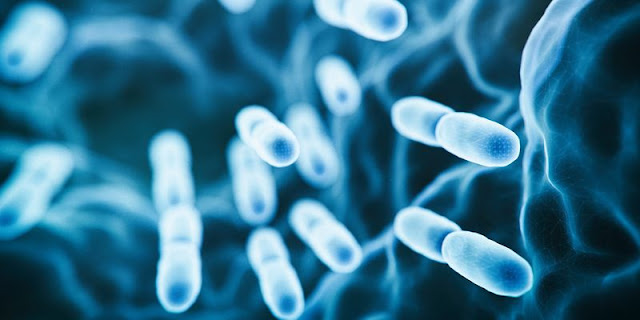Mayo Clinic Study Uncovers Dietary Trick To Help Prevent Kidney Stones
Calcium and potassium-rich diets may help prevent recurrent kidney stones with symptoms.
In addition to the intense agony they can inflict, kidney stones are linked to cardiovascular disease, osteoporosis, and chronic kidney disease. You have a 30% probability of developing another kidney stone within five years if you've already had one.
To avoid symptomatic kidney stones returning again and again, physicians typically advise dietary adjustments. Unfortunately, there is limited information on dietary adjustments for people who only get kidney stones once vs those who do so often.
Therefore, in order to evaluate the effects of dietary modifications, Mayo Clinic researchers created a prospective study. Their findings suggest that adding foods high in calcium and potassium to diets may help avoid symptoms of kidney stones from recurring.
The participants in the trial included a control group of 384 persons and 411 patients who had just developed their first symptoms of kidney stones. Dietary variables were based on a questionnaire given to patients who were all visited between 2009 and 2018 at Mayo Clinics in Rochester and Florida. The results demonstrate that reduced dietary calcium and potassium consumption, as well as decreased intake of fluids, caffeine, and phytate, are related with increased risks of developing a first-time symptomatic kidney stone. These findings will be published today (August 1) in Mayo Clinic Proceedings.
Within a median of 4.1 years of follow-up among the patients who had stones for the first time, 73 of them developed stones again. Lower dietary calcium and potassium levels were found to be a predictor of recurrence, according to further investigation.
According to Andrew Rule, M.D., a Mayo Clinic nephrologist and senior author of the study, "These dietary findings may have particular importance because recommendations for preventing kidney stones have been based primarily on dietary factors associated with first-time rather than recurrent stone formation." Patients may not be inclined to change their diets in order to lower their risk of developing kidney stones, but they are more willing to do so if doing so will help them avoid recurrence.
According to the study, a daily fluid intake of less than 3,400 milliliters, or around nine 12-ounce glasses, is linked to the creation of new stones, along with coffee and phytate consumption. Drinking water each day also entails eating things like fruits and vegetables.
Reduced fluid and caffeine intake can cause low urine volume and higher urine concentration, which can aid in the development of stones. Whole grains, nuts, and other foods include an antioxidant called phytate, which has been shown to enhance urine calcium excretion and calcium absorption.
According to Dr. Rule, it might be quite challenging to change your diet in order to avoid kidney stones. As a result, patients and healthcare professionals should focus their efforts by being aware of the dietary components that are most crucial for preventing kidney stone recurrence.
According to Api Chewcharat, M.D., who is the lead author of the report and was a postdoctoral research fellow at Mayo Clinic at the time of the study, low dietary calcium and potassium was a more significant predictor of recurrent kidney stone development than fluid consumption. This is not to argue that drinking enough of water is not essential. Simply put, we did not discover any advantages to increasing fluid consumption in individuals who had a history of kidney stone production.
The study's findings suggest that diets containing 1,200 milligrams of calcium per day may aid in the prevention of both new kidney stones and recurring kidney stones. The daily recommended nutrition from the Department of Agriculture is consistent with that consumption.
Although a greater potassium intake is also advised, the USDA does not provide a daily potassium consumption recommendation. The research did not specify a recommended consumption amount either.
The lesson learned, according to Dr. Chewcharat, is that patients should increase their intake of calcium- and potassium-rich fruits and vegetables. Bananas, oranges, grapefruits, cantaloupes, honeydew melons, and apricots are among fruits that are high in potassium. Potatoes, mushrooms, peas, cucumbers, and zucchini are examples of vegetables.




Comments
Post a Comment